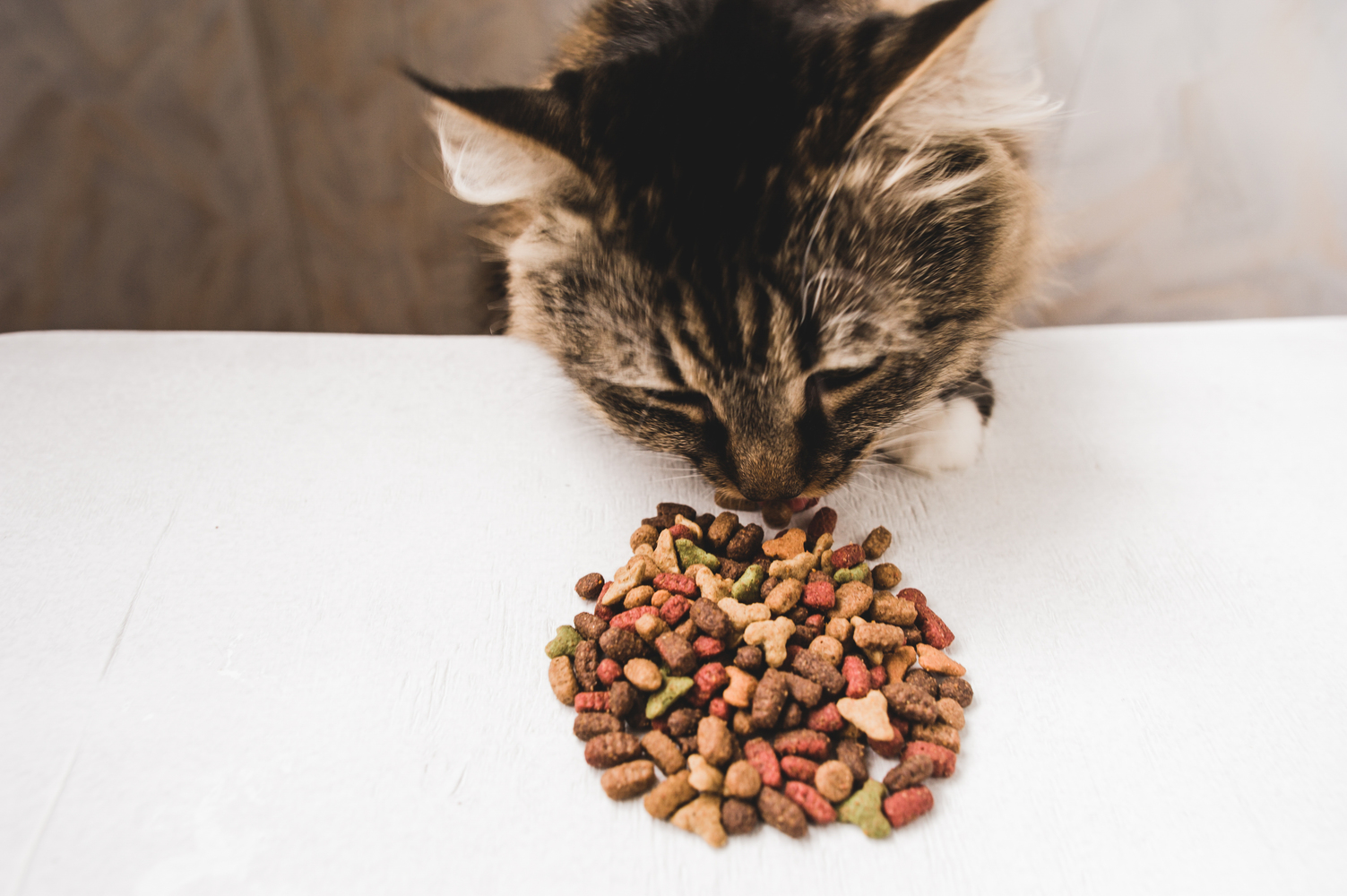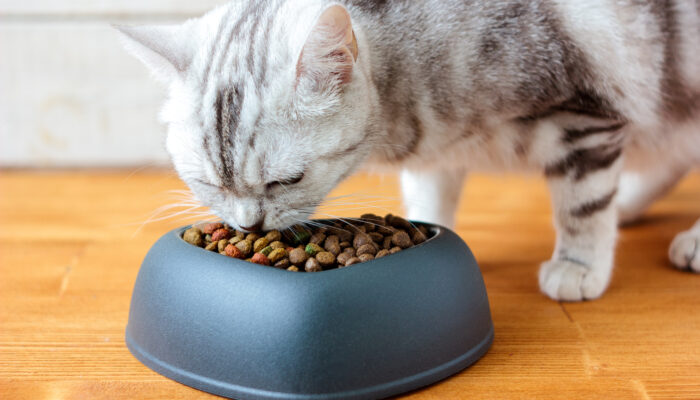
Food Allergies in Pets: Symptoms and Triggers
Food allergies, though commonly known in dogs, are increasingly affecting cats too. When cats have allergies, the immune system gets too vulnerable to several substances that can be harmful. These substances are usually harmless to most animals including cats. But the allergies force cats to develop an extreme reaction to these substances. These reactions show up as symptoms when the cat attempts to get rid of them.
Symptoms of food allergies in cats
When a cat is allergic to certain substances or specific foods, it usually displays symptoms like:
- Itchy skin accompanied by excessive scratching
- Itchy ears and ear infections
- Gastrointestinal problems like diarrhea
- Vomiting
- Persisting sneezing and coughing accompanied with/without wheezing
- An inflamed throat leading to snoring
- Chewing the paws and swollen paws
How can cats be allergic to food?
Among the symptoms and triggers for food allergies in pets, cats experience a unique range of symptoms. Cats, who are allergic to some foods, often scratch the head and neck. It will also instantly display gastrointestinal issues. Some cats are allergic to chicken and any food item containing chicken protein should be avoided.
Cats can develop allergies when exposed to airborne substances, the food containing the substance or that which touches their skin. It can also happen when they are transmitted by fleas that they are vulnerable to. Cats exposed to cigarette smoke can develop asthma and cats spending a long time outdoors can develop flea and pollen allergies.
Here are some common substances that cats can develop allergic reactions to:
- Flea and flea-control products
- Certain cleaning products with strong chemicals
- Cigarette smoke and heavy pollution
- Dust pollens
- Grass, weed, mildew, and mold
- Some fabrics
- Rubber and plastic
Diagnosing food allergies in cats
With regard to the symptoms and triggers for food allergies in pets, check how cat allergies are diagnosed:
Feed a prescription or hydrolyzed protein diet that is free from flavored medications and treats for twelve weeks. This diet should be free from allergy-causing ingredients and should include ingredients never given to your cat earlier. This diet should be continued until the symptoms go away. Meanwhile, you should start feeding the old foods gradually to see which one causes allergy. Home-cooked meals are highly beneficial but it needs special protein and proper food balancing. Consulting your veterinarian is recommended before giving home-cooked meals.
Treating food allergies in cats
Talk to your veterinarian and choose flea control products that are safe for your cat and your environment. Keep dust-free and unscented litter at home to prevent any allergies.
You have to ensure your cat’s bed is clean by regularly vacuuming and cleaning it. Proper care should be taken to keep rugs, curtains, and other materials that gather dust easily. Choose to bath your cat twice a week to remove environmental allergens and pollens from the skin. You need to use a veterinary-approved shampoo for a bath.
Apart from these, there are certain medications like cortisone and steroids to control the allergy. Allergy injections and fatty acid supplements also work well. However, any medication should be prescribed by your veterinarian.



